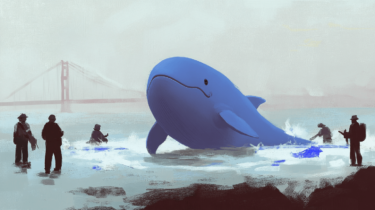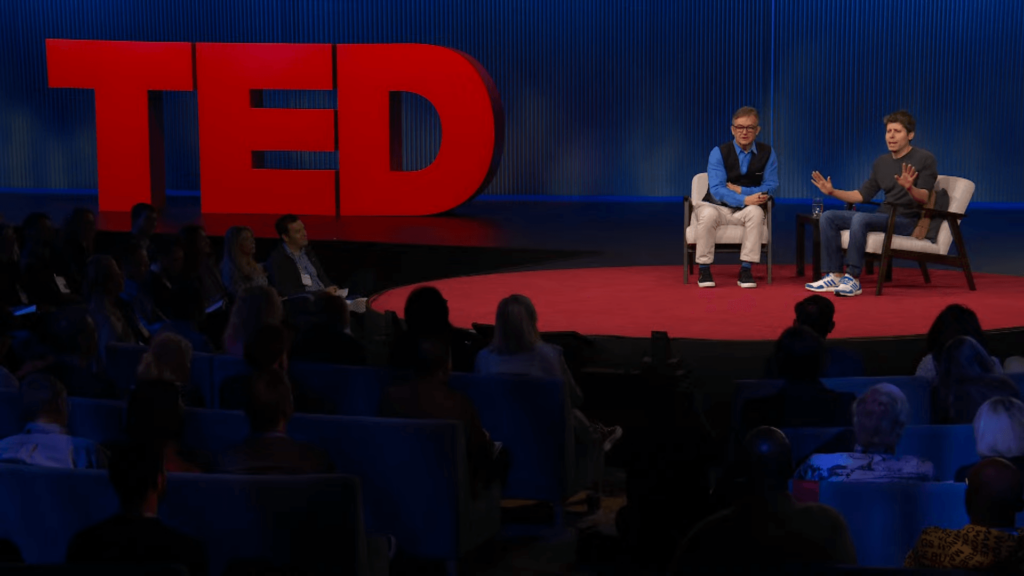In a recent TED interview, Openai CEO Sam Altman discusses how artists are compensated when AI Systems uses distinctive styles, addressing wider concerns about creative rights and the AI arts generation.
Openai is currently avoiding the generation of images that mimic the style of living artists. However, Altman proposed a potential future model that allows artists to opt in and receive compensation.
“I think it’s cool to get a grasp of the new model when they opt in and say, ‘I want to do it in this artist’s name.’
When Ted Head Chris Anderson suggested that Openai’s GPT-4o constituted intellectual property theft and pulled applause from the audience, Altman said, “You can make them applaud everything you want. You can have fun.”
advertisement
Altman acknowledged that in theory, it may be possible to calculate the contribution of individual creatives to AI-generated images by analyzing the effects of styles embedded in a particular prompt.
However, in practice, this approach becomes difficult, especially when multiple styles are combined in a single output. “How much money goes for each and how do you split up? These are like big questions,” he said.
Openai avoids solid commitment on compensation
Although Altman discussed theoretical possibilities, he did not provide a concrete plan to compensate the artist. Instead, he emphasized that creative processes are always built on existing works, suggesting that even among human artists it is difficult to quantify artistic influence.
Altman defended the AI generated primarily as a democratizing force in the creative realm. According to him, the technology allows more people to engage in artistic work, regardless of their previous experience or access to traditional methods of production.
At the same time, he acknowledged that the rapid development of generative AI has caused anxiety in the creative community. “Some creative people are very upset. “This is the most amazing tool ever and I’m doing an incredible new job,” says some creatives,” Altman.
recommendation

This framing moves debate from the issue of fair compensation and to a broader reassessment of how creative ideas arise and evolve. He sought a “new model” to better regulate rights and economic interests, but Altman did not offer specific proposals or commit to a mechanism that would financially compensate artists.
Meanwhile, the proposed opt-out tool for training data is called “Media Manager” and was announced in May 2024, but has not yet been released. Openai has not issued any recent public updates on the status of the tool.
https://www.youtube.com/watch?v=5mwt_doo68k
Ghibli controversy
AI copyright debate has intensified following Openai’s GPT-4O image generation release. This triggered the extensive creation of images that are “Studio Ghibli style.” Altman himself contributed to this trend by sharing Ghibli-style self-portraits.
Openai prohibits the creation of images in the style of living artists, but allows for reference to studio styles and general aesthetics. This distinction lacks a clear legal basis – avoiding individual names may circumvent certain legal issues, but as in Miyazaki’s case, distinctive creative signatures often remain recognizable.
This situation raises new questions about whether large-scale automated style imitation represents a new form of commercial exploitation that is not covered by existing copyright laws. As AI technology advances, the boundaries of inspiration, style copying and piracy become increasingly blurred.



